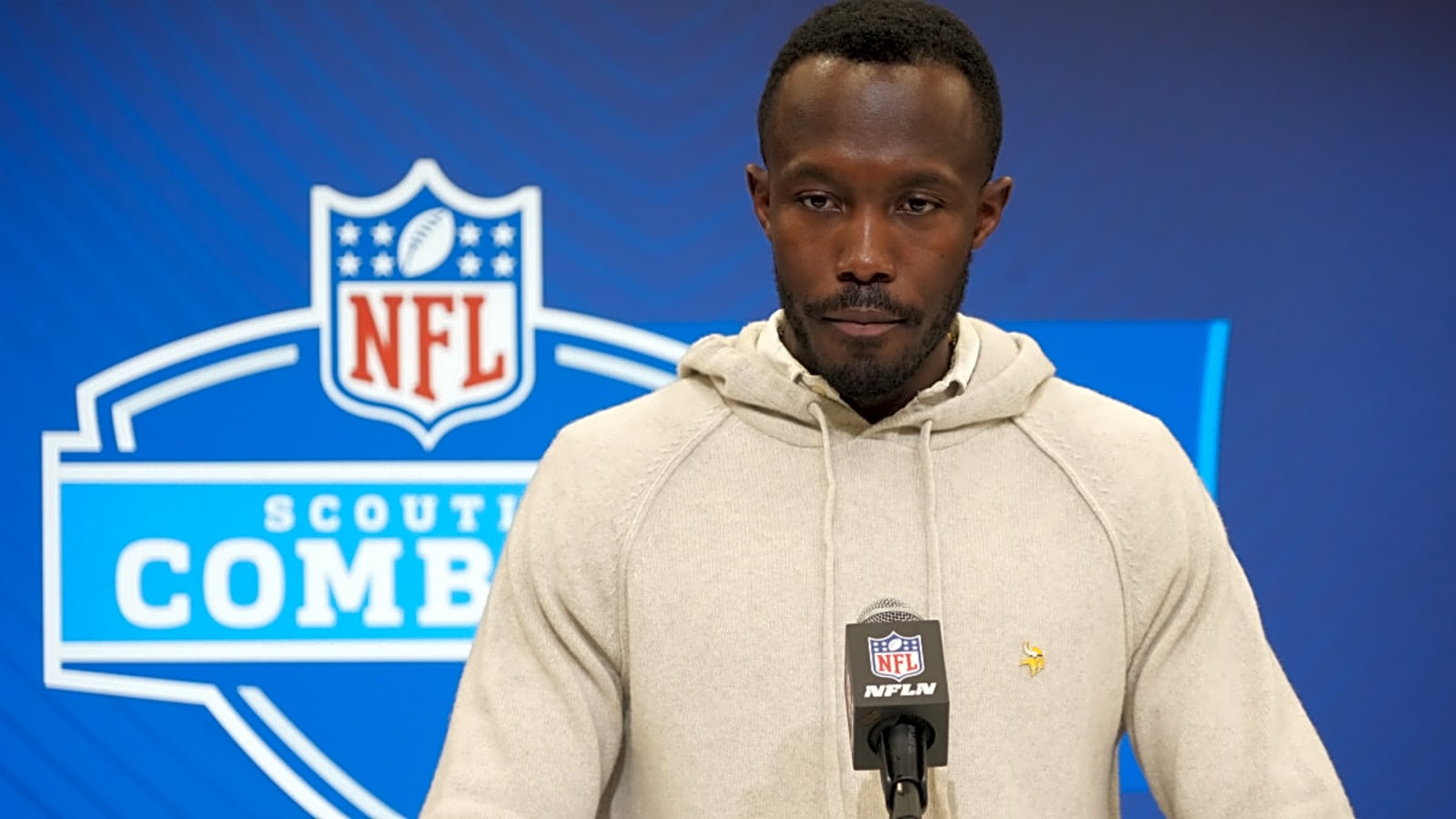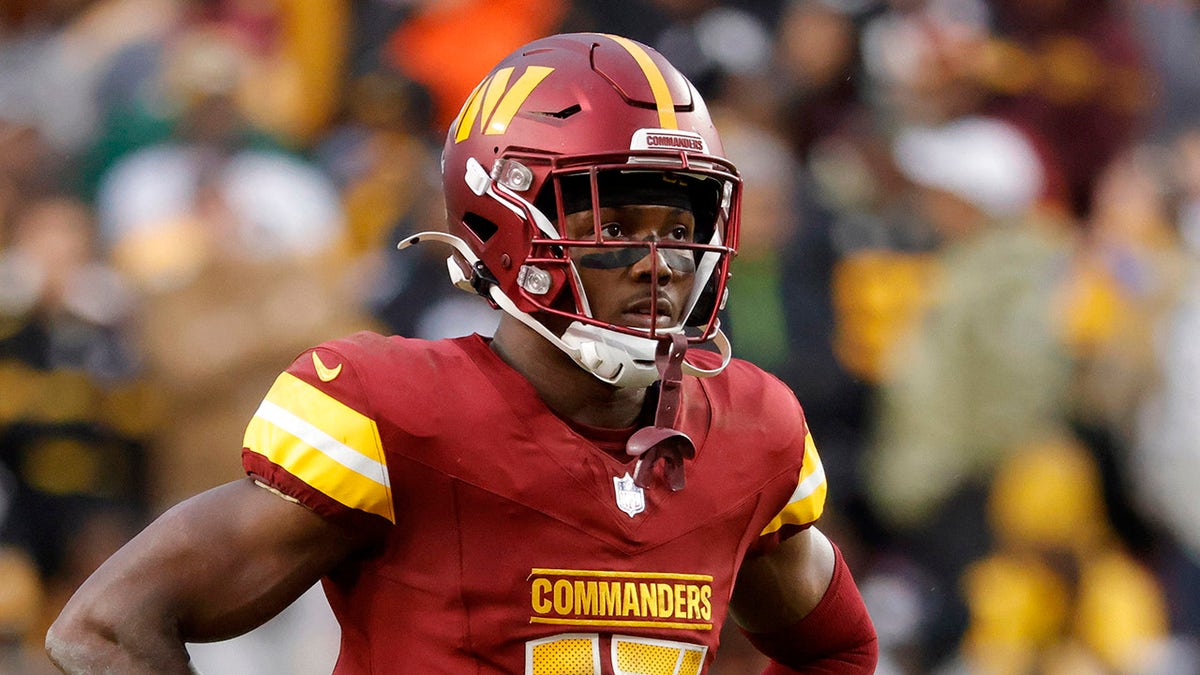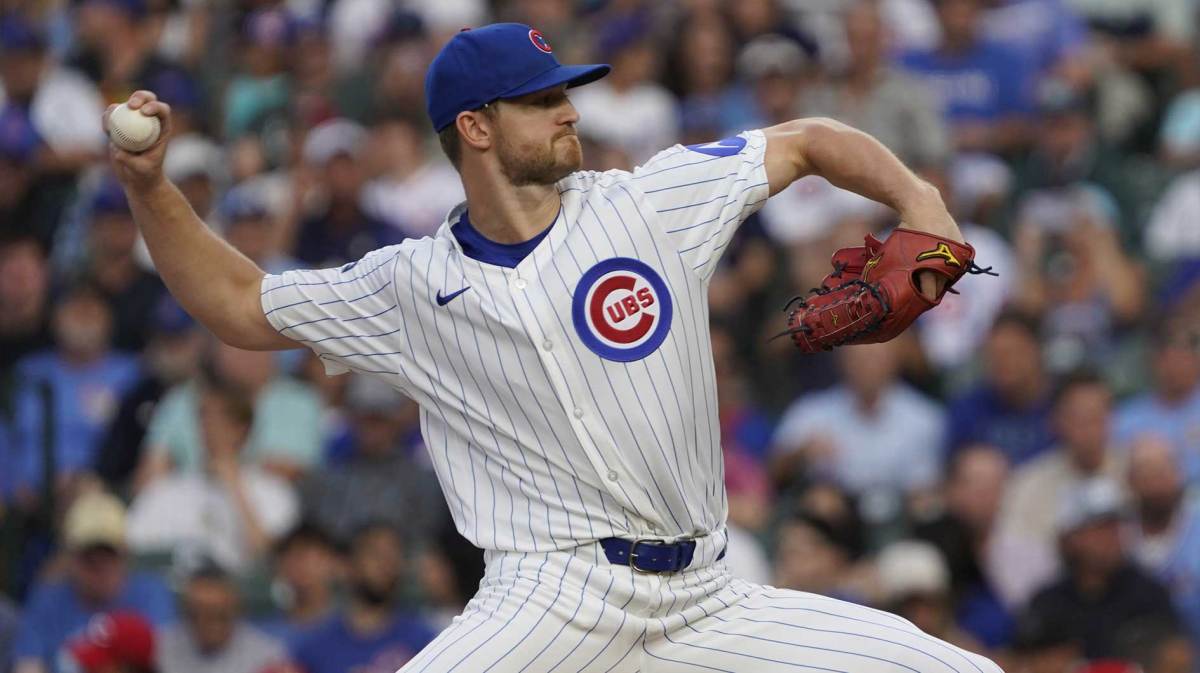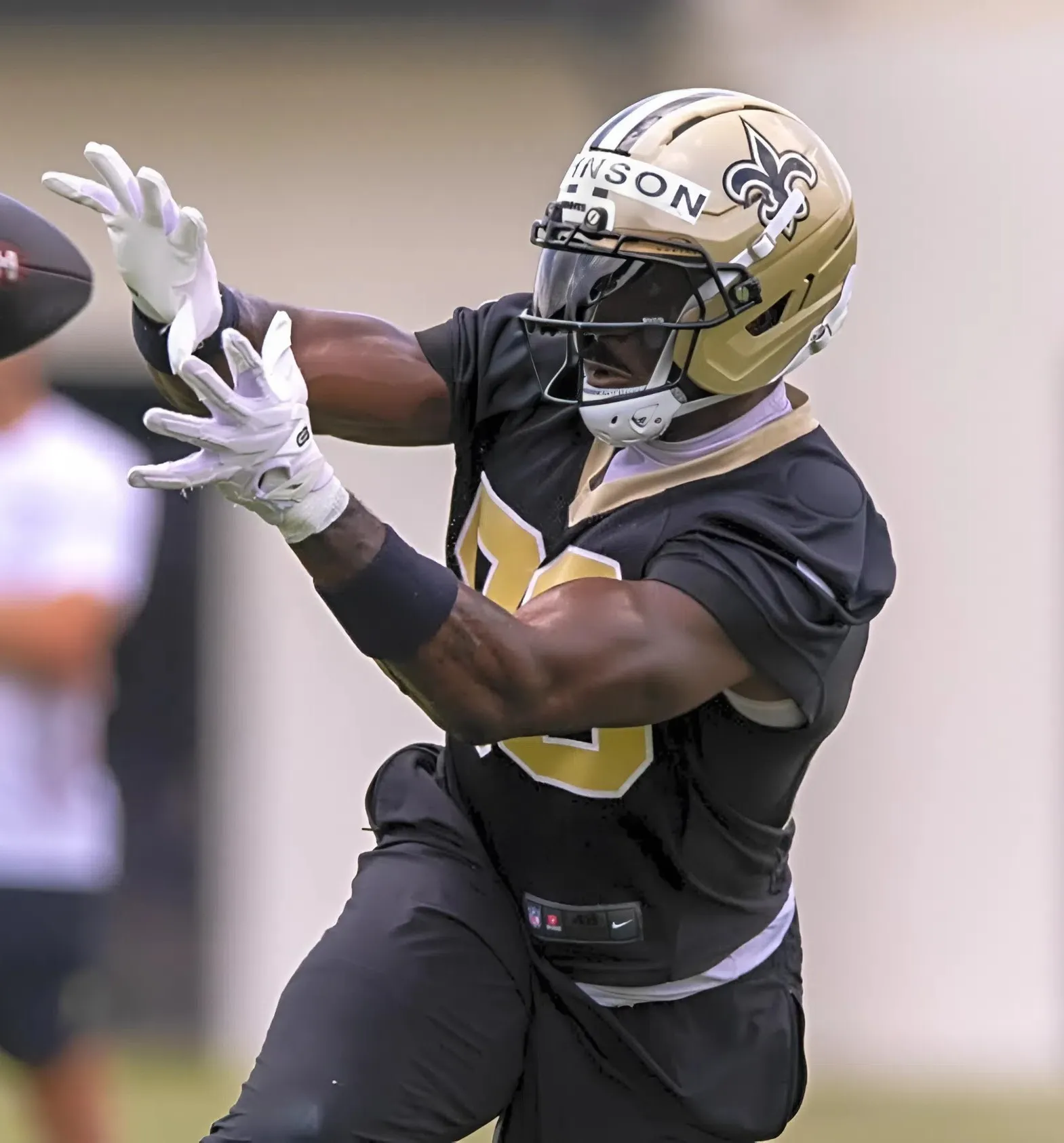
The Minnesota Vikings had one of the best offseasons in the National Football League, unless you speak to ESPN's Seth Walder. He has them 24th in the league with a C+ when grading each team's offseason.
A C+ feels off when having the discussion about the Vikings' offseason. They made a lot of moves to maximize the roster for both now and later, but there is a little bit of context that Walder is leaving out that makes this offseason so good.
Vikings offseason boils down to maximizing J.J. McCarthy's rookie contract
Let's start at the top. Walder liked the move to stick with J.J. McCarthy as their starting quarterback, as was initially the plan when they signed him. They selected him at 10th overall for a reason, as they believe him to be the franchise quarterback of the future.
Because he's on a rookie contract, that gives the Vikings an advantage on the salary cap that others just don't have. That aspect is where Walder misses the mark with his biggest criticisms of the Vikings offseason, and it comes in three elements.
The first one came in the form of being critical of the contract of right guard Will Fries, who signed for $17.5 million per year.
Will Fries is a promising guard, but handing him a five-year deal that averages over $17.5 million per season with $44 million fully guaranteed, per Roster Management System, seems incredibly rich for a player who has recorded average-ish pass block win rates in each of the last two seasons. Guards were hot, but, as has been mentioned earlier, several quality guards signed for $10 million per year or less.
The next criticism came for defensive tackle Jonathan Allen, who Walder believes is on a decline.
Allen is 30 and declining; he had a below-average 8% pass rush win rate as a defensive tackle last season after being a top-10 player in the category a few seasons ago. Yet Minnesota paid him $17 million per year on a three-year deal (albeit with only $23.3 million fully guaranteed, per OverTheCap.com). That is pricier than the deal the Commanders cut Allen on and makes me think the Vikings should have traded a conditional seventh-round pick to Washington and taken Allen's old contract.
The final piece came in the criticism of extending edge rusher Andrew Van Ginkel, who received a one-year, $23 million extension after a second-team All Pro season.
Andrew Van Ginkel is coming off a great season and clearly fits well in Brian Flores' defense, but he never exceeded six sacks before 2024. But Minnesota rewarded him with a one-year extension (through 2026) that added $23 million -- almost all fully guaranteed. Extending Van Ginkel is fine, but it was a bit rich and didn't come with more upside for Minnesota (such as non-guaranteed years after 2026).
Let's start by breaking it down from the top. The Vikings had a lot of money to spend and they chose to do so on high profile targets. The major criticisms with Allen and Fries are the amount of money, but it's nowhere near as bad as you might think.
For Fries, the Vikings can get out of his contract after two seasons with just $12 million in dead money. By the time the 2027 salary cap comes around, it will be in the neighborhood of 3.5% of the total cap. They are betting heavily that his excellent play in the five games he played. It's also not fair to talk about other "good guards" making around $10 million per that were signed in free agency. The only one who signed in that range was Mekhi Becton with the Los Angeles Chargers, and he got just a two-year deal which feels more like a "prove it" contract after one good season with the Philadelphia Eagles. The Vikings prioritized long-term stability.
Now, with Allen, the biggest criticism is that he's making more money than the contract he was released on. While that's true, the deal he signed with the Vikings is a smaller percentage of the salary cap than the deal he signed with the Washington Commanders. Plus, the Vikings didn't trade draft capital to end up to get the last year of his deal at $15 million in cash.
Instead, they signed him to a deal with a cap hit this year of $6.42 million along with a dead cap hit after the 2026 season of just $4.66 million. Noticing a trend here? The Vikings are maximizing flexibility with their roster, and that is continuing.
The Van Ginkel extension is a frustrating one to criticize. General manager Kwesi Adofo-Mensah has made it known that he will reward you with the money you have earned. Well, after Van Ginkel made second-team All Pro last year with 11.5 sacks and two pick-sixes, he got rewarded.
Here's where things make a lot of sense. The Vikings wanted to sign him to a three-year deal initially, but had to settle for a two-year deal to get him to Minnesota. The one-year extension essentially makes his contract a three-year, $43 million contract. His cap hit went down a whopping $1 million this year to give him another year on his deal. That also guaranteed some of the money this year, which is a big reason why it looked like a fully guaranteed extension. The perception that it sends to the rest of the league that the Vikings take care of their own.
Walder also criticized their draft process, going off on the Vikings not taking either the New York Giants or Atlanta Falcons' offers, but we don't know that the latter even called them and gave them the offer, whereas it was reported that the Giants had called Minnesota.
Some odd criticisms for the Vikings' offseason that in all honestly are missing the proper context, and it's something we are used to.


-1750549175-q80.webp)
